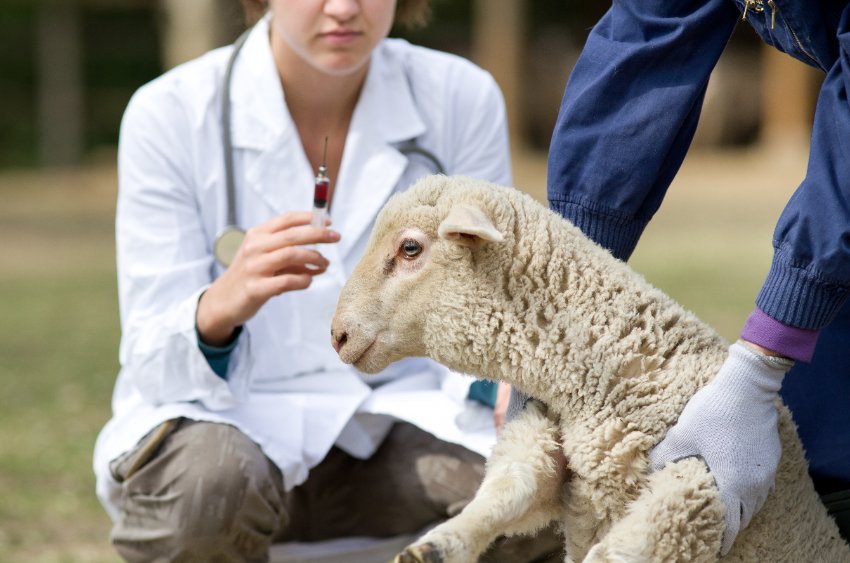
A third of veterinary medicines used in Northern Ireland may no longer be available after the end of the grace period in 2025, a Lords' committee has warned.
The European Affairs sub-committee on the Windsor framework has written to the government raising 'serious concerns' over the issue.
The letter emphasises the need for a 'swift solution' between the UK and EU to ensure continued access to a full range of veterinary medicines.
In January, the committee launched an inquiry to examine the impact of the application of the EU Veterinary Medicinal Products Regulation in Northern Ireland, including the effect on industry, such as farming, if no solution is reached.
A grace period for veterinary medicines is due to expire in December 2025, after which EU rules will apply in full unless an alternative solution is reached.
As part of its investigation, peers heard from farm leaders, academics, veterinary professionals, business organisations and the government.
Following this, the committee has raised 'serious concerns' about the potential consequences of the full EU rules taking effect.
Current estimates suggest around a third of currently used veterinary medicines might no longer be available after the end of the grace period, which would have negative consequences for livestock and human health.
Restrictions on veterinary medicines would have a 'significant impact' on the farming industry, making it difficult for them to sell their produce.
The committee also highlighted the critical link between animal health and public health, especially with food-producing animals, emphasising the urgency of finding a solution between the UK and EU to ensure continued access to a full range of vet medicines.
In the letter, sent to Northern Ireland minister Steve Baker, peers endorsed a number of recommendations highlighted in the evidence they received.
They asked the government for an updated assessment of the number of veterinary medicines at risk of being discontinued, as well as analysis of the potential economic consequences linked to a reduction in the availability of medicines.
The letter also asks whether an assessment has been made of the potential of a reduction in veterinary medicines for human health and the food supply chain in Britain and Ireland.
Lord Jay of Ewelme, chair of the committee, said the lack of veterinary medicines in NI was an issue of "vital importance which affects everyone, regardless of political hue".
He said: "The government has spoken of the need to make ‘rapid progress’, and we are stressing the need for a positive and swift outcome within what is a tight timescale complicated by upcoming elections in the EU and UK.
“We have set out some solutions proposed by our witnesses. They were united on the importance of political will in resolving this crucial issue, and the urgency in doing so.
"We endorse their call for talks leading to a mutually-agreed solution between the UK and the EU as soon as possible.”
